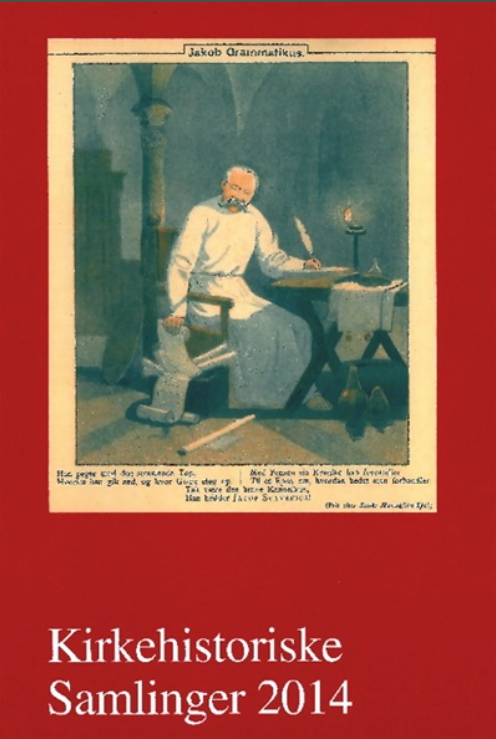Publiceret 15.12.2014
Citation/Eksport
Copyright (c) 2014 Tidsskriftet Kirkehistoriske Samlinger

Dette værk er under følgende licens Creative Commons Navngivelse – Ingen bearbejdelser (by-nd).
Resumé
Siden 1809 har Pastoralseminariet i København (i dag en del af Folkekirkens Uddannelses- og Videnscenter) givet kommende præster en praktisk-teologisk uddannelse, som skulle ruste dem til den gerning, der ventede på dem som præst ved en københavnsk kirke, i en fynsk købstad eller i et lille vestjysk landsogn. Selvom målet har været det samme gennem de sidste to hundrede år, har der ikke været
enighed om, hvordan man skulle opbygge praktisk præsteuddannelse. Skulle den være teoretisk og knyttet til universitetets undervisning, eller skulle den overvejende give de kommende præster praktiske redskaber og foregå som praktik hos ældre, duelige præster? Og hvordan skulle forholdet mellem teori og praksis være? Formålet med denne artikel er at beskrive, hvilke tanker man har gjort sig om kommende præsters uddannelse, og hvordan man har søgt disse tanker realiseret. Fokus vil især være på debatten om seminariets formål, opbygning og indhold.1 Artiklen er opbygget i fire afsnit: 1) seminariets oprettelse og første år 1809 -1850, 2) anden halvdel af 1800-tallet og første del af 1900-tallet, 3) 1930’erne – 1970’erne og 4) 1970’erne – 1990.
Summary
An academic institute for pastoral theology 1809-1990
The Copenhagen seminary (or theological college) has existed for more than 200 years, preparing the students (sometimes called seminarians) for ordination to ministry: as pastors at the Copenhagen churches, in provincial towns or in a small country parishes. The seminary was established in an ecclesiastical context and was not part of the University of Copenhagen. In spite of many proposals for inclusion in – or close connection with – the University, the seminary remained under the wings of the church. The aim of it has remained unchanged for the last two hundred years, albeit politicians and clergy have not always agreed upon the contents of the education. Should its teaching be theoretical and related to the university standards or should the seminary provide future pastors with practical tools? The board of the seminary held that only life itself could provide the practical training that was necessary to ministry. The Faculty of Theology on the other hand maintained that practical education without any theoretical guidance would not prove successful. The different views reflect traditional divergent views on the very nature of practical or pastoral theology: Should it provide a theory behind the profession as a pastor (providing the seminarians with tools), or should it rather be based on a historical-systematic study similar to the principles accepted by and maintained at the university?

